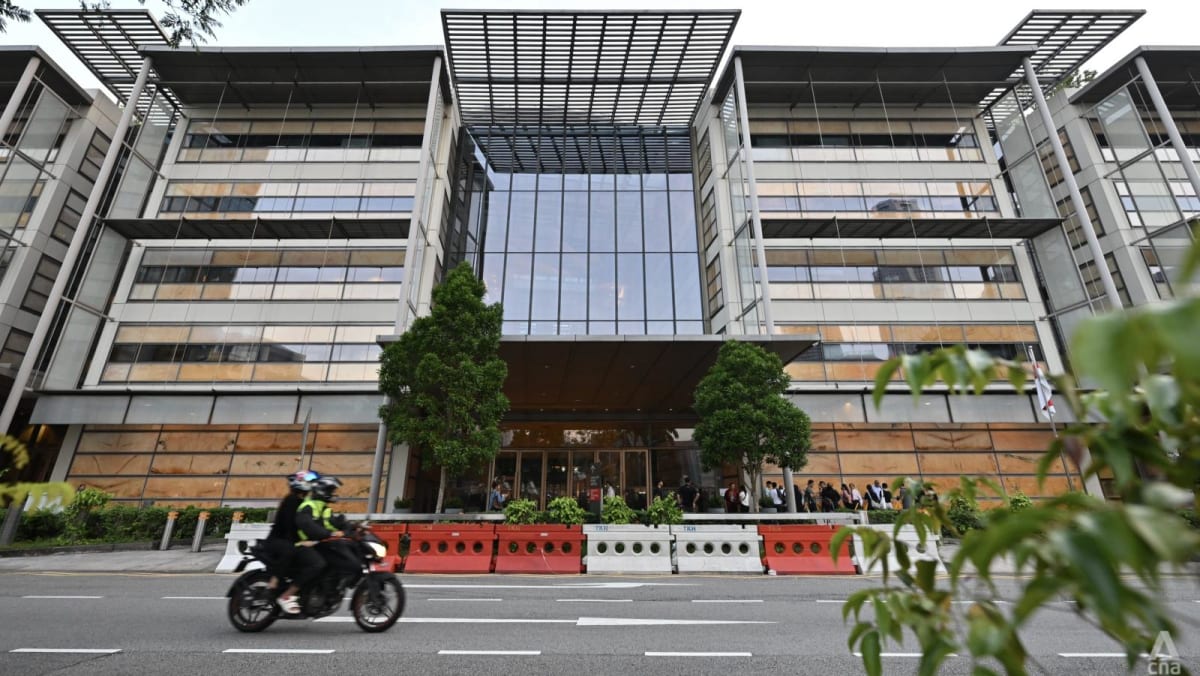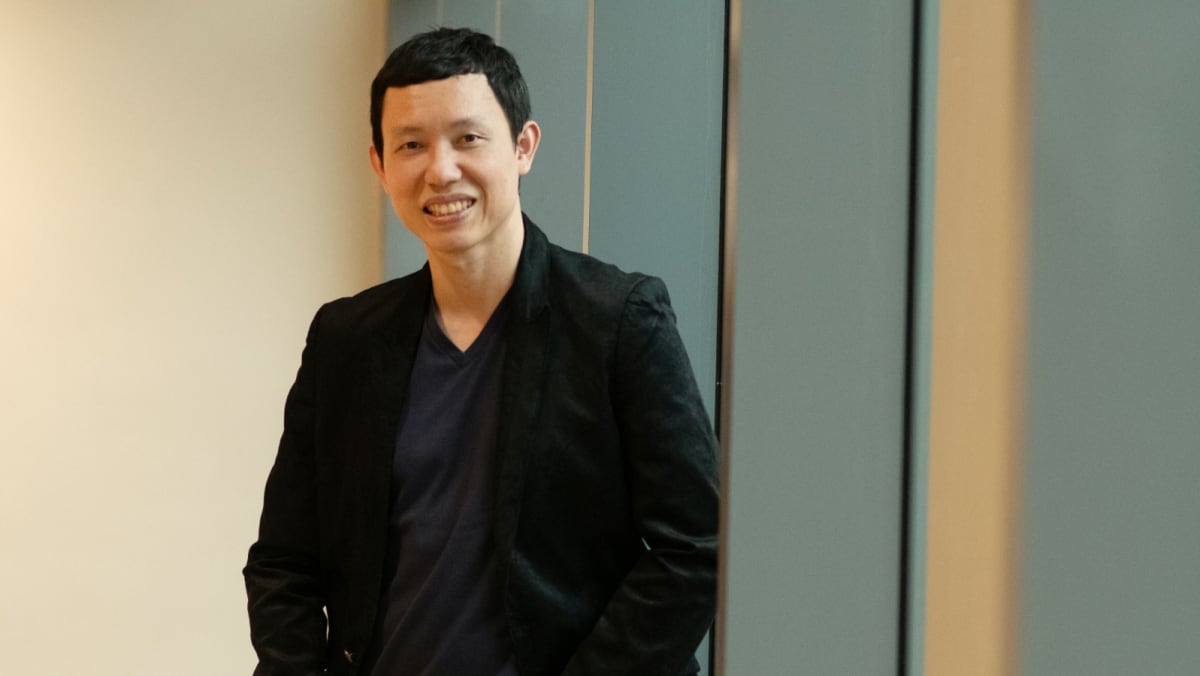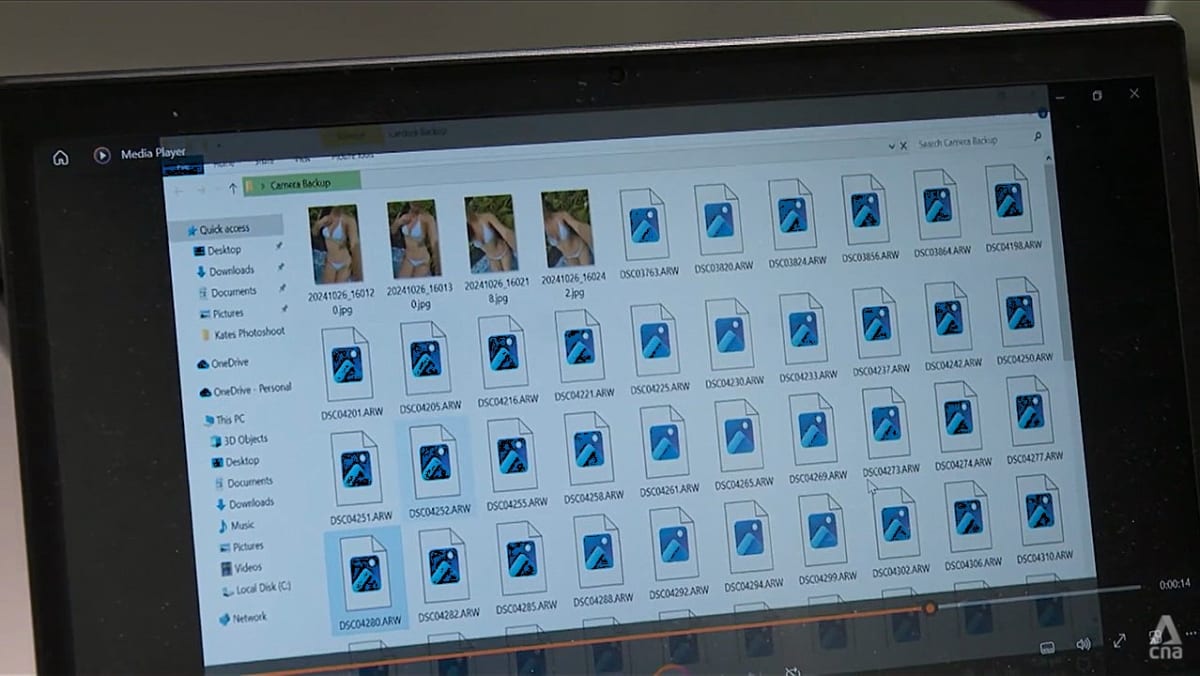1. AM I FINANCIALLY AND EMOTIONALLY READY?
Before Ms Michelle Ngiam, 37, took the plunge to build her online wellness platform Meuraki last year, she thought about what it would mean for her two children, aged 17 months and six years.
She said that she had been doing “pretty well” at her twin jobs of financial adviser and mother of two, and starting Meuraki meant that she would have to “break the cycle”.
“There’s always that fear of failure lingering at the back of my mind. The what-ifs. If things don’t work out, then my investment would have been lost and also the time that I could have spent with my family.”
“There’s a lot at stake. I’m not a young 21-year-old without any commitments,” she added.
Such a lack of commitments, however, did work in favour of cafe owner Chanel Li, now 27, when she went out on her own in 2020.
Ms Li, who studied social sciences at a polytechnic, started a home-based business selling orh nee (mashed taro) tarts after COVID-19 travel restrictions forced her to take a break from her job as a cabin crew member.
Unlike many aircraft at the time, her humble food endeavour took off and on the back of that success, she opened Cafe Lilac, a taro-specialty cafe in the Lavender Street area in 2022.
“I was young and had nothing to lose. It wasn’t as if I had to give up a whole career. It just felt like I would enjoy doing it at that moment,” she recalled.
It is this kind of honest assessment of the overall position of one’s personal life that experts said is crucial to the decision-making process.
Mr Allen Lee, senior manager of innovation at Ngee Ann Polytechnic’s entrepreneurship resource centre The Sandbox, said that there are two key elements to consider financially.
First, the amount of investment required to get the business up and running.
Second, the amount of time you would be willing to give yourself for the business to hit certain milestones that indicate you are on the right track.
Mr Lee added: “Excluding the capital required for your business, you should also factor in your living expenses during the designated amount of time – a year, for example.
“If you are drawing a monthly salary of S$4,000, you should be looking at savings of about S$48,000 (to cover living expenses).”
2. WHY DO I WANT TO START IT?
When the going gets tough, and the experts said that it most certainly will, one’s motivation for taking the leap will often be called into question.
Ms Gabrielle Tan, assistant director of the Institute of Innovation and Entrepreneurship at Singapore Management University (SMU), said:.“Entrepreneurship is hard. You’ll face endless setbacks and quitting often seems logical.”
If you do not have a “burning motivation”, she added, it will be difficult to soldier on with the venture.
In the six months since she began building Meuraki, Ms Ngiam said that she barely gets any sleep while balancing work and her duties as a mother.
For her, it had been the challenges of parenthood that led to the idea of her new business venture.
Ms Ngiam went through a “fog” of postpartum anxiety in 2023 after the birth of her second child. That experience opened her eyes to the often invisible mental health struggles people face on a daily basis.
“I realised that many people were struggling not just in their mental health but in many areas of their lives.”
Ms Ngiam said that the Meuraki platform, which is slated to launch in the second quarter of this year, aims to help people gain a holistic perspective of their overall well-being through eight dimensions of wellness, and it will simultaneously provide them with resources and tools to improve in this area.
She believes her project will make a big difference to others to lead healthier and more fulfilling lives.
On her own challenges in pressing on with the business, she is candid.
“There are definitely days where I will cry and ask myself why I am doing this, but the passion and vision I have is what keeps me going.”
3. IS MY BUSINESS IDEA VIABLE AND SUSTAINABLE?
If you have your finances in order and your head in the right space, it is time to direct your attention to the business idea itself.
Dr Julien Salanave, professor of practice in entrepreneurship and innovation at ESSEC Business School, Asia-Pacific, said that the most essential question for the early success of a business is this: Have you identified a “valuable problem” worth solving?
“Coming up with a strong answer to this question is way more difficult than coming up with a cool business idea,” he said.
“Yet it sets apart the entrepreneurs who are going to be laser-focused on serving a real need from those struggling to convince users to try their cool product.”
Having face-to-face or in-depth conversations with potential customers can also reveal insights far beyond our assumptions, Ms Tan from SMU said.
Mr Lee from Ngee Ann Polytechnic said that this is not an endeavour that requires a lot of capital or resources either. It just requires time, effort and empathy to understand the problem from any angle during this research period.
“People generally love two things: Free coffee and the opportunities to talk about their problems. Give them both,” he added.
Associate Professor Benjamin Tee, vice-president of ecosystem building at NUS Enterprise, the entrepreneurial arm of the National University of Singapore, said the other assumption that needs to be questioned is whether people would be willing to pay for what you want to offer.
Wannabe entrepreneurs think people will automatically give hard-earned money for their product, but “many things appear much more likely in human thought experiments (than in real-life)”, he added.
You might also be wondering: With the rising cost-of-living on everyone’s minds, does this make it harder for new businesses to succeed?
Perhaps, experts said, but it is not all doom and gloom.
“One way to immunise yourself against macro factors is to stay away from ‘mosquito-bite’ problems for which solutions are nice to have and spending discretionary,” Dr Salanave said.
“Focus rather on ‘shark-bite’ problems for which solutions are must-have.”
Mr Lee said: “How successful a business, solution or product is stems not from how much it costs, but how much value it provides to the user in solving a ‘pain point’.”
4. DO I WANT TO DO IT MYSELF, OR WITH THE HELP OF OTHERS?
One key difference between being an employee and an entrepreneur is the sheer variety of hats one has to wear.
In the initial phases of starting her cafe, Ms Li wore many as social media marketer, accountant, administration clerk, barista and chef. Spreading herself so thin quickly caused her to burn out.
“You know it’s a one-man show from the start, but I don’t think you realise how difficult it is until you actually do it,” she said.
While starting a business alone is certainly possible, Ms Tan from SMU said that people who dislike multi-tasking would do well to consider finding co-founders with complementary skills.
That was why for Ms Charu Srivastava, a 39-year-old public relations professional of 15 years, choosing to start her own public relations firm with two other partners was a no-brainer decision.
Not only do they have varying expertise, having two other people who are equally committed to the cause allows them to “spread out” the inevitable weight and stresses that come with establishing a new company.
“The biggest thing you need to know is when you need help,” she advised.
PARTING WORDS
Certainly, if one does intend to leave a stable job to start a new business, a smart thing to do would be to pick apart one’s ideas even further.
This checklist is a good start, though, and if asking these questions has left you more bullish than cynical, it might be time to take a chance, the experts said.
“Entrepreneurship isn’t just another career move, it’s a lifestyle shift,” Ms Tan said.
“But if you’re ready – really ready – then you might discover that the thrill of building something meaningful is well worth the risk.”












